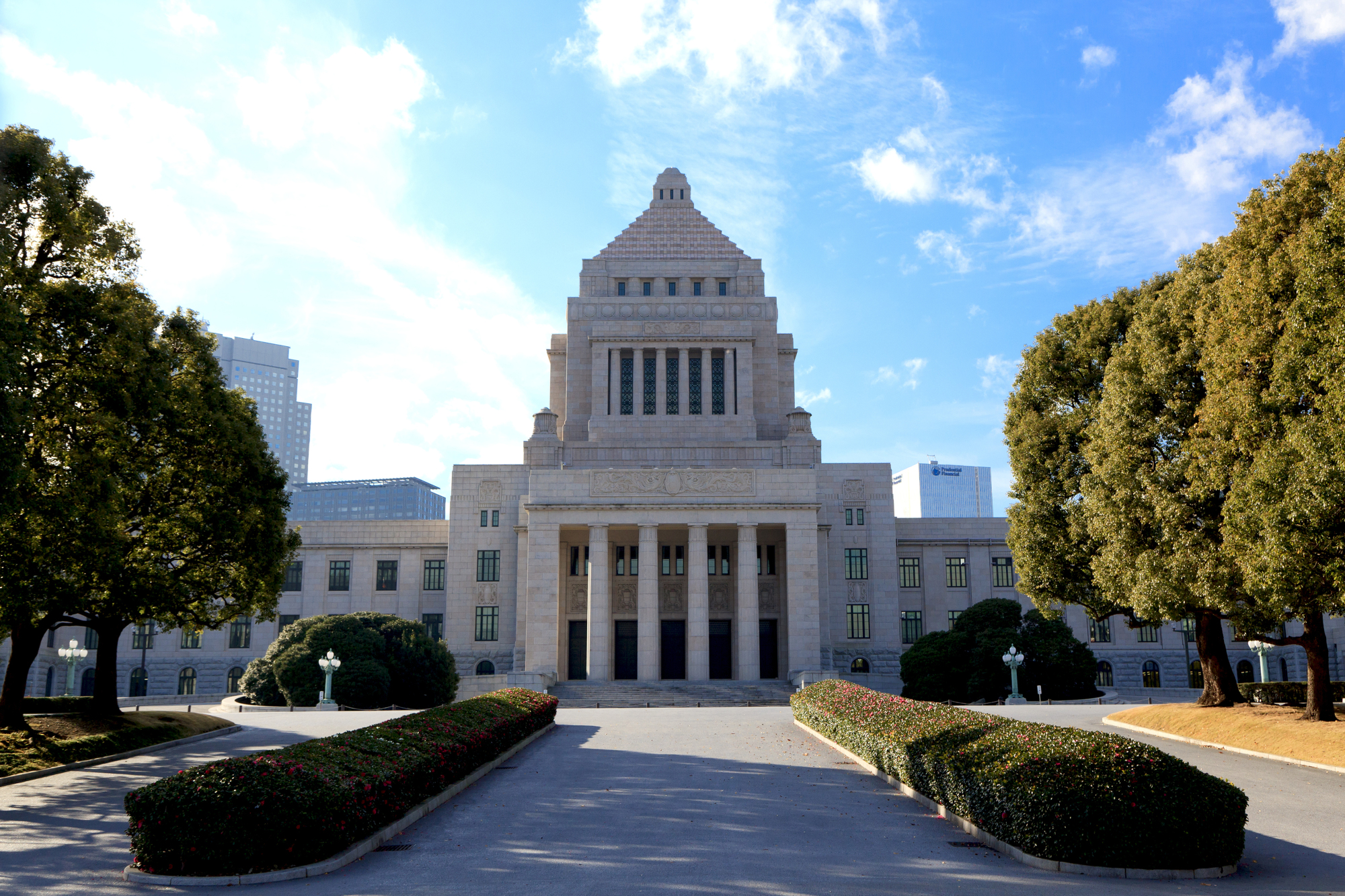In Japan, the most frequently discussed political matters are scandals involving high-ranking lawmakers and bureaucrats. Probably most people who follow politics would agree that the Moritomo and Kake Gakuen scandals have been the two biggest issues in Japan's political scene over the past year. Major newspapers and television broadcasters, along with the opposition parties and their members in the Diet, have taken up these issues almost daily and attacked the administration of Prime Minister Shinzo Abe.
Either Abe or his wife has been accused of directly or indirectly ordering bureaucrats to give special favors in the process of selling a government-owned tract of land (the Moritomo case) or in the process of authorizing the establishment of a new department at a university under a special deregulatory zone scheme (the Kake Gakuen case). Recently, the top bureaucrat (administrative vice minister) of the most powerful ministry — the Finance Ministry — was alleged to have verbally sexually harassed a female journalist. The vice minister, Junichi Fukuda, was effectively forced to resign.
As a former bureaucrat of the Ministry of Economy, Trade and Industry who worked for the national government for 14 years, it's my feeling that the prime minister did not give any special order to his subordinates either in the Moritomo or Kake case. Not only myself but many people realize the tentative truth is that neither Abe nor his wife are guilty in either case. That is how the rarely used Japanese word "sontaku" — subordinates guessing what their bosses are thinking and acting without orders — has suddenly spread across the country and become a household term. Now a sontaku manju (steamed bun) is sold in Osaka — the scene of the Moritomo scandal.



